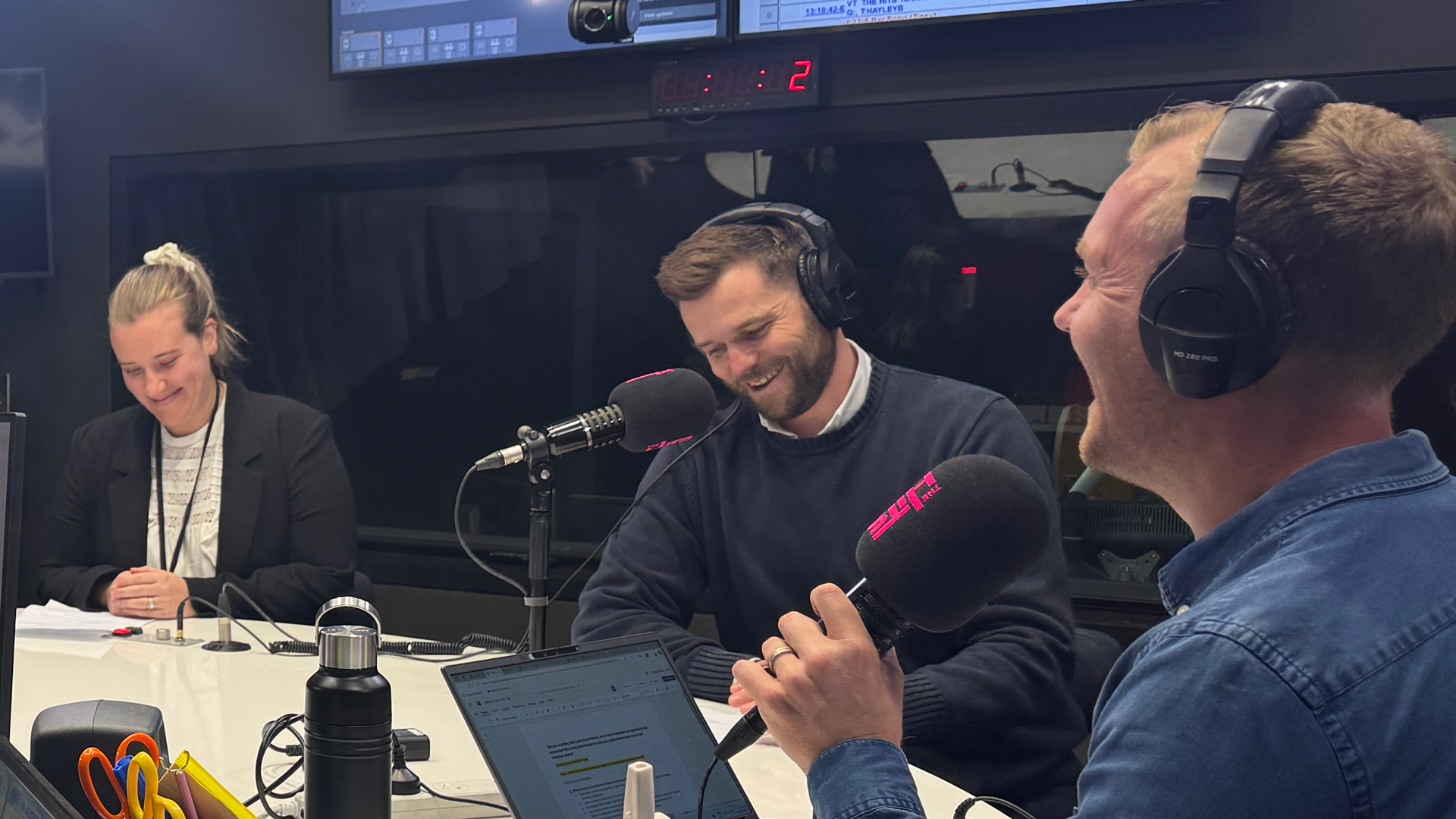Portfolio Manager Mark Riggall discusses the month’s key highlights in 60 seconds.
Food for thought
As we head into the final quarter of the year, investors have an awful lot to contend with. Many of these issues came to the fore last month, with global share markets posting their biggest monthly fall in a year. Some defensive positions helped cushion the Funds from this volatility.
The potential collapse of China’s second largest property developer, Evergrande, made global headlines. It’s likely that any collapse will be carefully managed by the Chinese authorities; of bigger concern is the medium-term implications of China’s pivot away from using property to stimulate growth.
Lower Chinese property investment has seen iron ore prices collapse. Anticipating this, we significantly reduced our exposure to Australian iron ore miners, helping insulate fund returns from the sharp falls in mining stocks this month. Instead, large holdings in defensive Australian companies such as Telstra and Charter Hall Group delivered positive returns in September.
The other big change facing investors is tightening central bank policy. Robust global growth and persistent inflation mean central banks may start to withdraw stimulus over the next few months. This has sent global bond yields higher, with bond prices commensurately lower. For diversified funds that hold bonds this can be a drag on returns, but Milford’s Funds have protected against this scenario of rising interest rates by holding a significantly lower exposure to bonds over the past few quarters.
Surging inflation also affects company profits. At a broad level, will consumers accept higher prices or will demand suffer? At a micro level, complex global supply chains are suffering major Covid related disruptions. How companies and industries will deal with this will be revealed in October as US companies report third quarter profits. Weaker share markets in September suggest investor expectations are being pared back.
The outlook remains reasonable, even if there are some evident near-term risks. With the pandemic receding in the Western world, consumer spending should remain robust as social restrictions fade. Both government and central bank policy remains supportive, even if both are becoming less so. The devil is in the detail; the environment is conducive to creating winners and losers, we remain confident that our investment process can lead us to the former.


